
The supreme court of Malawi has ordered that police authorities pay compensation to 18 women allegedly raped by officers during post-election violence two years ago.
The decision is seen as a milestone development in women’s rights in the country.
The women will be awarded between 4m Malawian kwacha (£3,600) and 10m kwacha (£9,000), according to Gladys Gondwe, registrar for the Malawi supreme court of appeal and the high court.
No police officers have been charged over the incident.
During violence that followed presidential elections in 2019, police were deployed to a township in the capital Lilongwe. Security personnel used teargas and attacked the public.
The NGO Gender Coordination Network (NGO-GCN) documented accounts from women and girls from the area who said they had been sexually assaulted by officers.
Malawi sex workers protest at ‘targeted police brutality’ after Covid-19 curfew
Read more
Last year the Women Lawyers Association of Malawi filed a legal complaint against the police over failure to take action against officers accused of the attacks.
The high court ruled that compensation should be given and on Tuesday announced the amounts.
The court also ordered the police to investigate the officers named in the allegations. Richard Chimwendo Banda, minister of homeland security, said officers would appear before an independent police commission.
He added that the ministry would not appeal against the high court decision.
Immaculate Maluza, president of the Women Lawyers Association, said the compensation would help the women move on from what she described as a traumatic experience.
“This is progress and this is really good news. In terms of the amount, we’ve talked to the women and we’re waiting for feedback from them in terms of how they feel about the ruling,” Maluza said.
“We intend to pursue the matter to its logical conclusion. We’ve clear instructions and will continue to represent the women so that no other woman suffers such indignity and abuse from public officials that are trusted with safety and security in the country.”




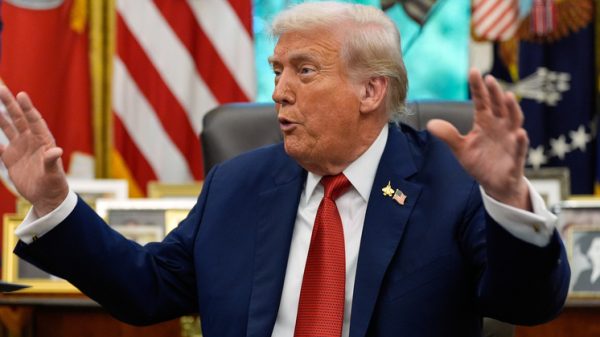




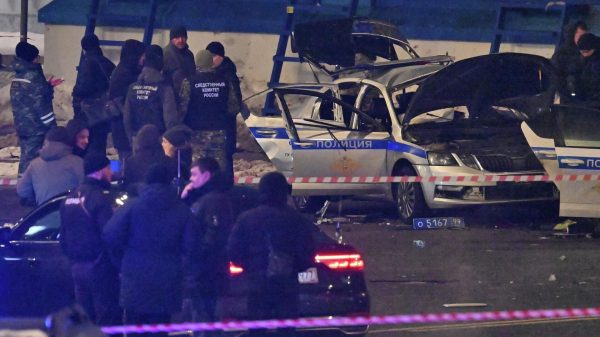
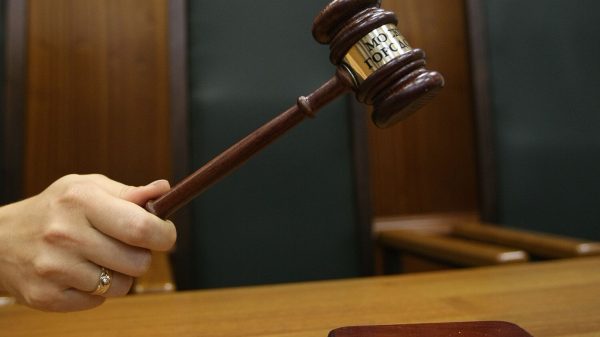
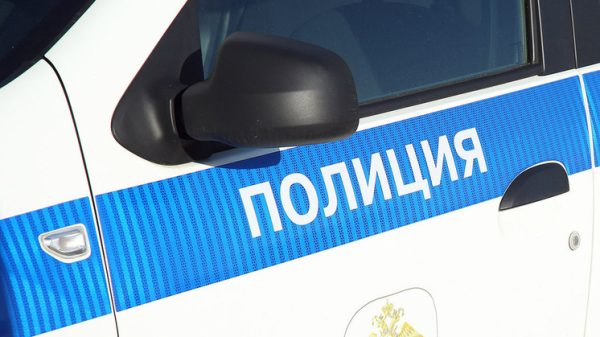








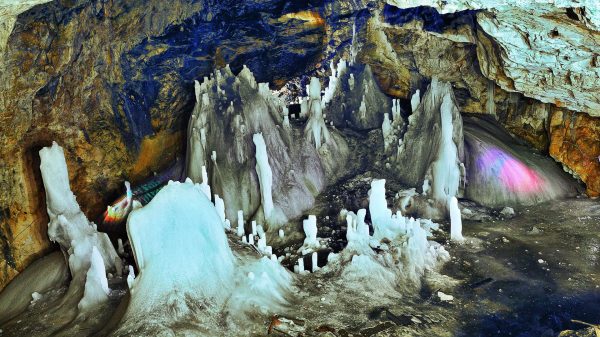

































Свежие комментарии